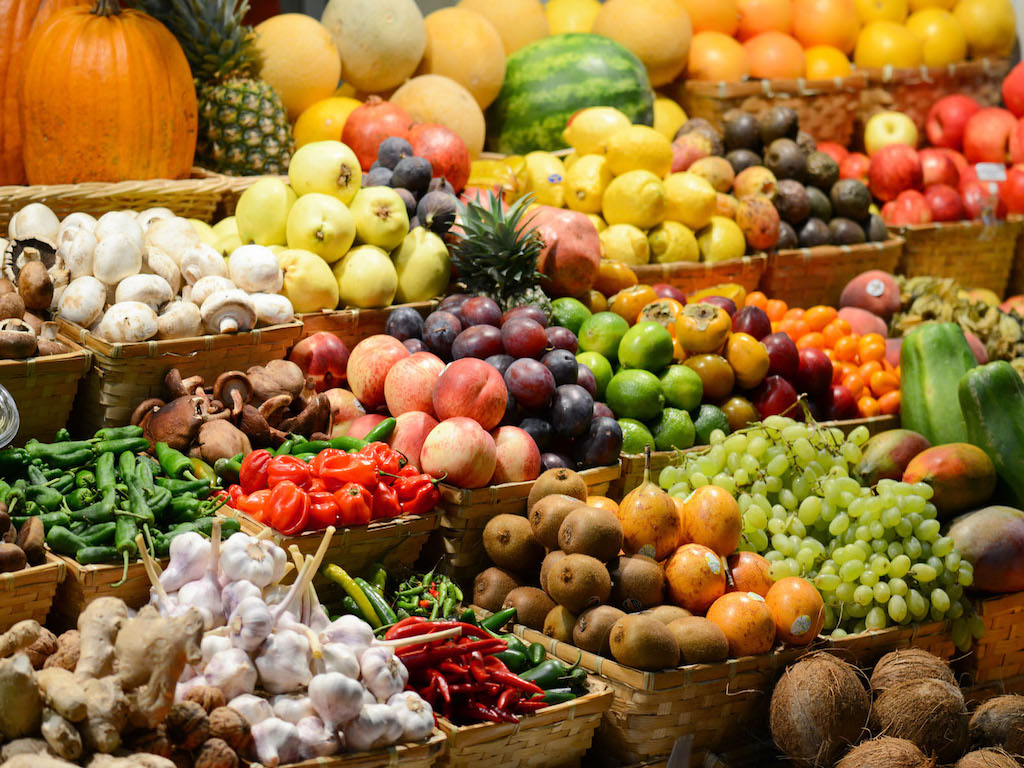3 Mins Read
Mayors from major world cities have signed the “Good Food Cities” pledge to fight climate change by reducing meat consumption and food waste. The commitment was made by 14 mayors, including from Tokyo, Seoul, Paris and London. This follows a recent move by other governmental figures and bodies from around the world who have also sought to promote plant-based dietary choices as a response to the global climate emergency. It marks a step in the right direction for sustainability and our health, and will hopefully encourage more authorities to take similar forms of much-needed action.
14 mayors of some of the world’s biggest cities have just made a commitment to become “Good Food Cities” by reducing meat served in public institutions. Under this pledge, these cities will be transitioning into serving up meals fitted under the “planetary health diet” guidelines in all schools, hospitals and public institutions by 2030. The diet, which was designed by scientists at the Eat-Lancet Commission this year, calls for a 50% reduction in meat consumption to effectively tackle nutritional deficiencies, global hunger and curb environmental destruction caused by the current food system.
Showcasing leadership in global sustainability at the C40 Good Food Cities Declaration last week in Copenhagen, 3 of the cities that made the pledge are located in Asia – Quezon City, Seoul and Tokyo. Other cities include London, Lima, Barcelona, Copenhagen, Guadalajara, Los Angeles, Oslo, Paris, Stockholm and Toronto.
The aim is to promote not only healthier dietary choices – as eating more whole plant foods such as fruits, vegetables, legumes and grains provides complete nutrition – but more planet friendly lifestyle habits. Many studies have shown the environmental footprint of the animal agriculture industry, from being responsible for more carbon emissions than global transportation combined to being resource inefficient – requiring vast and water usage – and causing topsoil and water contamination.
READ: 5 Ways To Reduce Your Carbon Footprint
Commenting on the pledge, senior scientist at Greenpeace Reyes Tirado said: “We are in a climate emergency, fuelled in significant part by excessive industrial meat production and consumption. We have no time to lose. These city leaders have recognised the power they have in reducing meat. It is time for more cities to swiftly follow suit.”
The “Good Food Cities” pledge also aims to tackle the problem of food waste through its goal to reduce food wastage figures by half over the next 11 years. Not only will mayors use their procurement powers to alter what kind of food is imported in cities and introduce policies that make healthy low-carbon food accessible and affordable, they will also be reducing wasted food. Currently, we are throwing away around one third of food produced globally. With these 14 signatory cities serving up 500 million meals a year altogether, combining a sustainable diet with avoiding food waste could have the effect of cutting a huge amount of consumption based emissions.
READ: 5 Ways To Reduce Food Waste At Home
The pledge follows action taken by governmental bodies from other parts of the world. In their latest sustainability report, New Zealand’s Ministry of Health promoted plant-based diets as a way to cut greenhouse gas emissions and improve public health. Health Canada also revised its Food Guide this year to encourage the intake of more vegan foods and removed dairy from its recommended foods list. Over in California, the city of Berkeley passed a resolution to implement Green Monday.
Without dramatic changes to the way we produce, consume, transport and dispose of food, we are looking at an escalating climate crisis and a bleak future for human civilisation. This wave of action from mayors from world cities is positive – for our health and for the planet – and will hopefully inspire more climate action.
Lead image courtesy of iStock Photos.




